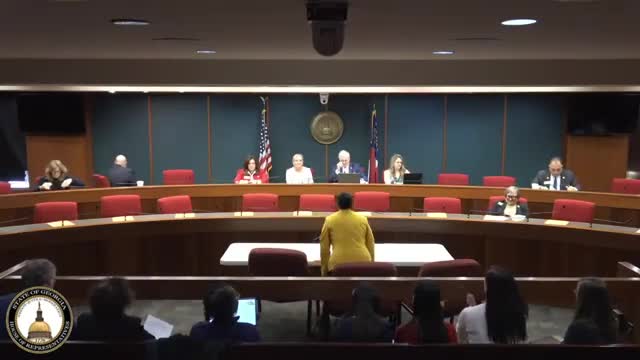Article not found
This article is no longer available. But don't worry—we've gathered other articles that discuss the same topic.
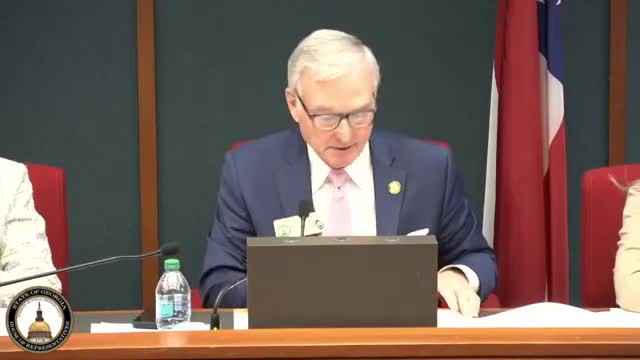
Committee advances bill to align teacher preparation with science of reading; bill reported out
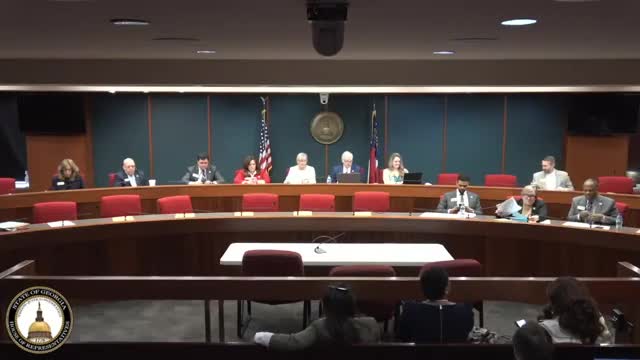
Senate bill seeks to reignite local School Climate Committees and require county attendance reporting to tackle chronic absenteeism
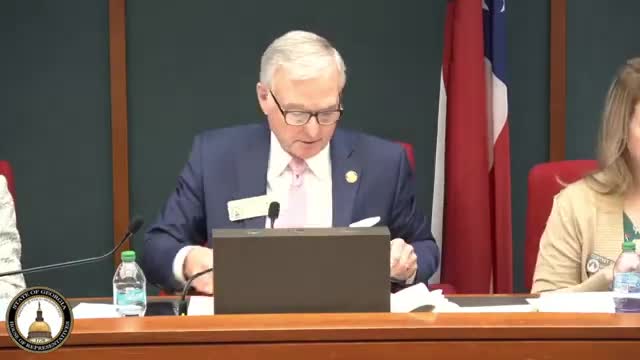
Committee advances SB 82 to incentivize local charter approvals and add accountability for repeated denials
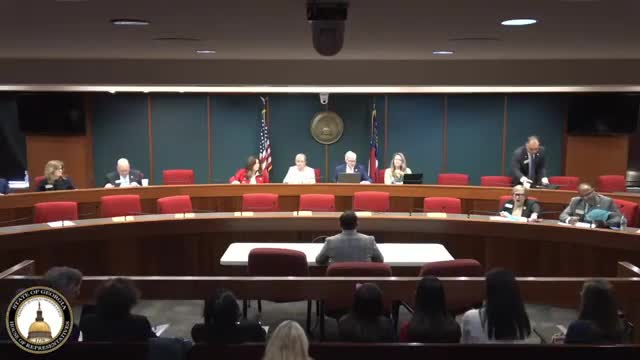
Committee approves SB63FA to require local schools to accommodate homeschoolers for college‑prep and military tests; ASVAB added
